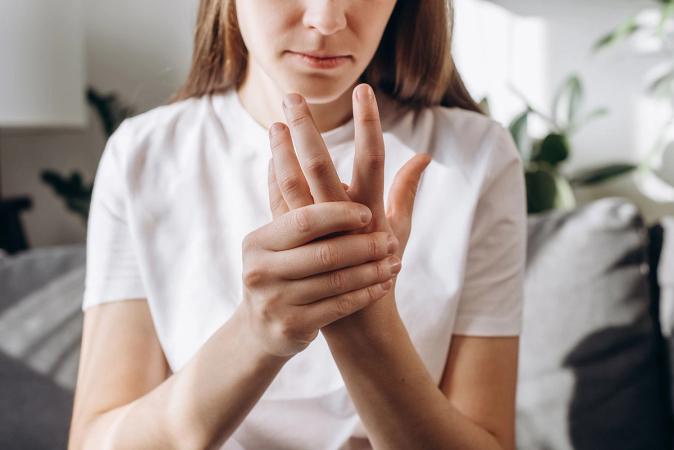question
what are the signs that i should contact my rheumatologist outside of regular appointments?
It's important to stay in close communication with your rheumatologist, especially if you notice any changes in your condition. Here are some signs that you should consider contacting your rheumatologist outside of your regular appointments:
1. Increased Pain or Stiffness
If you experience a significant increase in joint pain or stiffness, especially if it lasts for more than a few days, it's essential to reach out. This could indicate a flare-up or worsening of your condition.
2. Swelling or Redness
Noticeable swelling, redness, or warmth in your joints can be signs of inflammation. If these symptoms appear suddenly or worsen, contacting your rheumatologist is advisable.
3. Fatigue or General Illness
If you feel unusually fatigued or unwell, it may be related to your arthritis. This could include symptoms like weight loss or a general feeling of being unwell, which should be discussed with your healthcare provider.
4. Changes in Mobility
If you find it increasingly difficult to move your joints or perform daily activities, this could indicate a need for a reassessment of your treatment plan.
5. New Symptoms
The emergence of new symptoms, such as joint deformities or changes in your range of motion, should be reported to your rheumatologist. These changes can impact your treatment and management plan.
6. Medication Side Effects
If you experience side effects from your medications that are concerning or intolerable, it's crucial to inform your rheumatologist. They may need to adjust your treatment.
7. Concerns About Treatment Efficacy
If you feel that your current treatment is not working as effectively as it should, or if you have questions about your treatment plan, don't hesitate to reach out.
8. Emotional Well-being
Living with arthritis can be emotionally challenging. If you're feeling overwhelmed, anxious, or depressed, discussing these feelings with your rheumatologist can be beneficial. They can provide support or refer you to a psychologist who can help.
9. Infection Signs
If you notice signs of infection, such as fever, chills, or increased redness and swelling around a joint, contact your rheumatologist immediately, especially if you are on immunosuppressive medications.
10. Scheduled Tests or Procedures
If you have upcoming tests or procedures related to your arthritis, and you have questions or concerns, it's a good idea to reach out for clarification.
Conclusion
Maintaining open communication with your rheumatologist is vital for effective management of your arthritis. If you notice any of the signs mentioned above, don't hesitate to contact your healthcare provider. They are there to support you and ensure that your treatment plan is tailored to your needs.
If you have further questions or need more specific advice, please consider consulting your healthcare professional.
This information is not a substitute for professional medical advice, diagnosis or treatment. Always consult a registered healthcare professional about matters that affect your health. Clara uses artificial intelligence to generate general information for personal educational purposes only, not intended to be a management plan and it may contain errors, inaccuracies or may oversimplify concepts.












